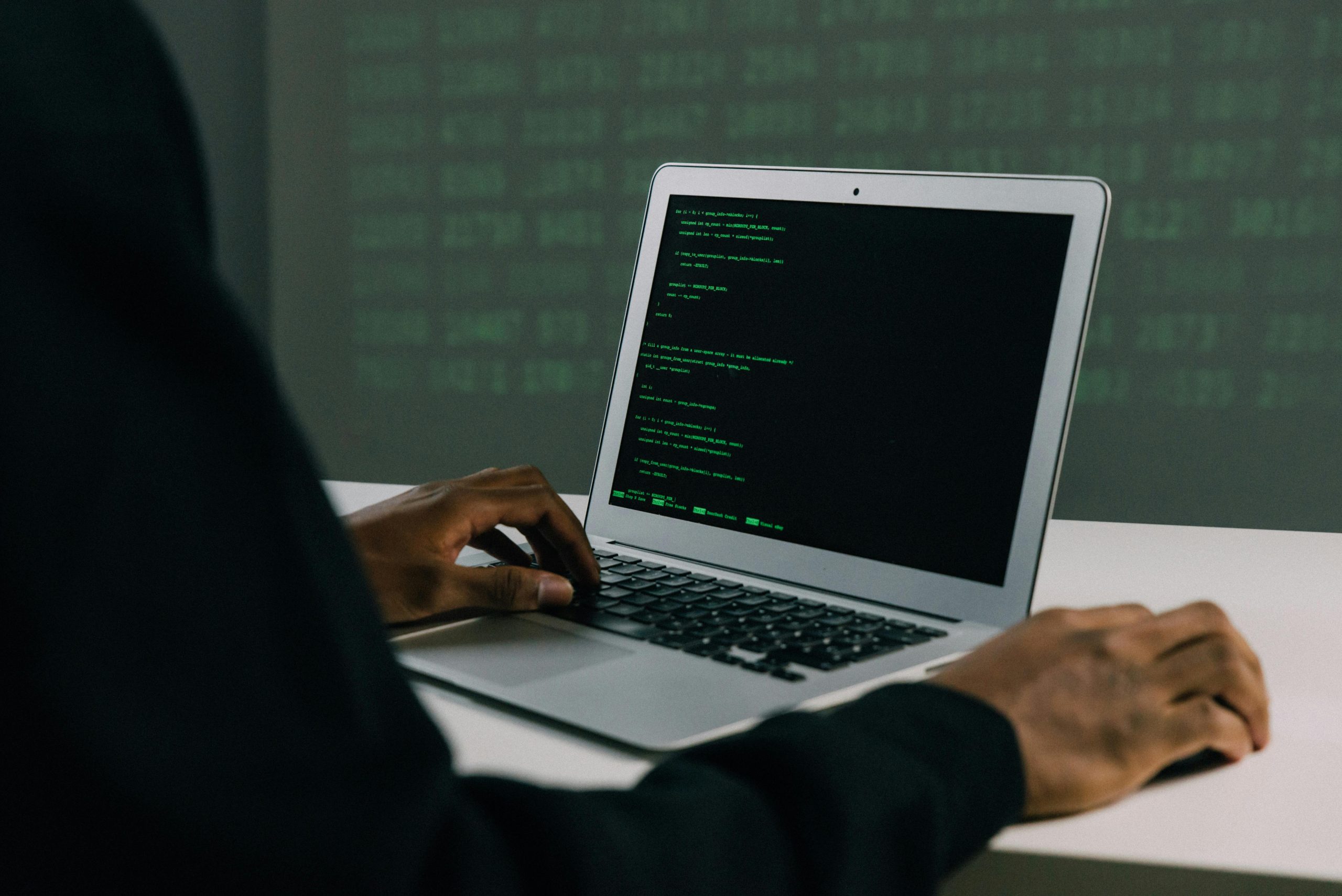In an age where online privacy and data security are increasingly important, many internet users turn to Virtual Private Networks (VPNs) as a solution to protect their digital activities. However, a common question arises: “Can my ISP see my VPN?” This article will delve into the intricacies of how VPNs interact with Internet Service Providers (ISPs), what ISPs can and cannot see when you use a VPN, and the implications of these observations for your online privacy and security.
Understanding How VPNs Work
What Is a VPN?
A VPN is a service that creates a secure and encrypted connection over the internet between your device and a VPN server. This encrypted tunnel protects your data from being intercepted by third parties, including ISPs, hackers, and government surveillance. When you connect to a VPN, your internet traffic is routed through the VPN server, masking your IP address and making it appear as though you are browsing from the server’s location.
How Does a VPN Protect Your Privacy?
- Encryption: VPNs use encryption protocols to secure your internet traffic. This means that any data transmitted between your device and the VPN server is scrambled, making it unreadable to anyone who might intercept it.
- IP Masking: By routing your traffic through a VPN server, your actual IP address is hidden, and the IP address of the VPN server is displayed instead. This helps protect your identity and location.
- Bypassing Geo-Restrictions: VPNs allow you to access content that may be restricted in your region by making it appear as though you are browsing from a different location.
What Your ISP Sees Without a VPN
Before we explore what your ISP can see when you use a VPN, it’s important to understand what they can see without one. When you browse the internet without a VPN, your ISP can monitor and record the following:
- Your IP Address: This is the unique address assigned to your device by your ISP. It reveals your approximate geographic location.
- Your Internet Activity: ISPs can see the websites you visit, the services you use, and the data you transmit and receive. This includes browsing history, streaming habits, and online transactions.
- Unencrypted Data: Any data that is not encrypted (for example, websites that don’t use HTTPS) can be viewed by your ISP in its entirety.
- Bandwidth Usage: ISPs can monitor the amount of data you use, which can affect your internet speeds if you exceed your data cap.
Can My ISP See My VPN?
When you use a VPN, the level of visibility your ISP has into your online activities changes significantly. Here’s what your ISP can and cannot see when you are connected to a VPN:
What Your ISP Can See
- VPN Usage: Your ISP can see that you are connected to a VPN. This is because they can detect the IP address of the VPN server you are using. The fact that data is being sent to a single IP address and is encrypted is a strong indicator that a VPN is in use.
- Connection Duration: ISPs can monitor the duration of your VPN connections, including when you connect and disconnect from the VPN.
- Amount of Data Transferred: While your ISP cannot see the contents of your data, they can track the volume of data being transferred to and from your device through the VPN.
What Your ISP Cannot See
- Browsing History: When connected to a VPN, your ISP cannot see the specific websites you visit or the content you access. This information is encrypted and routed through the VPN server.
- Data Content: The actual content of your internet traffic is encrypted by the VPN. This means your ISP cannot read your emails, see what you are streaming, or view any files you are downloading.
- Your Real IP Address: Since the VPN masks your IP address, your ISP cannot see your actual IP address while you are connected to the VPN. They only see the IP address of the VPN server.
Implications of Using a VPN for Privacy and Security
Enhanced Privacy
Using a VPN significantly enhances your online privacy by preventing your ISP from monitoring your internet activities. This is particularly important in regions where ISPs are required to retain user data for government surveillance purposes. With a VPN, your browsing history remains private and protected from prying eyes.
Data Security
VPNs protect your data from being intercepted by hackers, especially when using public Wi-Fi networks. The encryption protocols used by VPNs ensure that even if data is intercepted, it cannot be read or used maliciously.
Bypassing Censorship and Geo-Restrictions
VPNs allow you to access content that may be censored or restricted in your country. By masking your IP address and making it appear as though you are browsing from a different location, VPNs enable you to bypass these restrictions and enjoy a freer internet experience.
Potential Limitations and Considerations
ISP Throttling
Some ISPs may throttle (slow down) your internet connection if they detect that you are using a VPN, particularly if they suspect high bandwidth usage for activities like streaming or torrenting. This can affect your internet speeds and overall VPN performance.
Legal and Policy Considerations
While using a VPN is legal in most countries, some regions have restrictions on VPN usage. It’s important to be aware of the laws and regulations in your country regarding VPNs. Additionally, some ISPs may have policies against VPN usage and could take action if they detect persistent VPN connections.
VPN Provider Trustworthiness
Not all VPN providers are created equal. It’s crucial to choose a reputable VPN provider with a strict no-logs policy, meaning they do not retain any information about your internet activities. Research and select a VPN service that prioritizes user privacy and has a proven track record.
How to Maximize Privacy When Using a VPN
To ensure maximum privacy and security while using a VPN, consider the following best practices:
Choose a Reputable VPN Provider
Select a VPN provider known for its strong privacy policies and robust security features. Look for providers that offer military-grade encryption, a no-logs policy, and a wide range of server locations.
Use Strong Encryption Protocols
Ensure that your VPN is configured to use strong encryption protocols such as OpenVPN, IKEv2, or WireGuard. These protocols offer the best balance of security and performance.
Enable Additional Security Features
Many VPNs offer additional security features such as a kill switch, which automatically disconnects your internet if the VPN connection drops. This prevents your data from being exposed if the VPN fails. Other useful features include DNS leak protection and split tunneling.
Regularly Update Your VPN Software
Keep your VPN software up to date to benefit from the latest security patches and improvements. Regular updates help protect against vulnerabilities and enhance overall performance.
Combine VPN with Other Privacy Tools
For enhanced privacy, consider using a VPN in conjunction with other privacy tools such as secure browsers, ad blockers, and anti-tracking extensions. This multi-layered approach provides comprehensive protection against various online threats.
Conclusion
Using a VPN is an effective way to enhance your online privacy and security. While your ISP can see that you are using a VPN and monitor the amount of data being transferred, they cannot see your browsing history, the content of your data, or your real IP address. This makes VPNs a powerful tool for maintaining anonymity and protecting sensitive information online.
At Surax, we prioritize your privacy and security. Our VPN services are designed to provide robust protection against ISP monitoring, ensuring that your online activities remain private and secure. By understanding what your ISP can and cannot see when you use a VPN, you can make informed decisions about your online privacy and take the necessary steps to safeguard your digital life. Stay secure, stay anonymous, and enjoy the internet without boundaries with Surax VPN.


